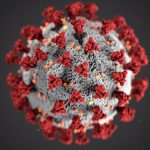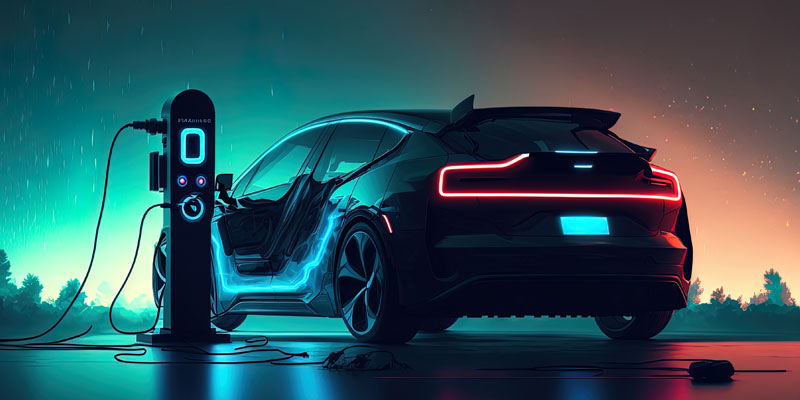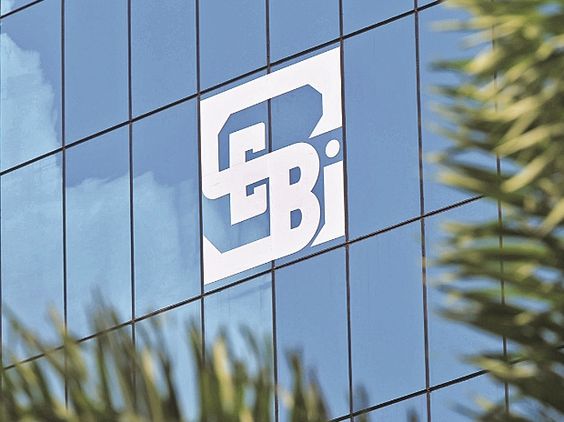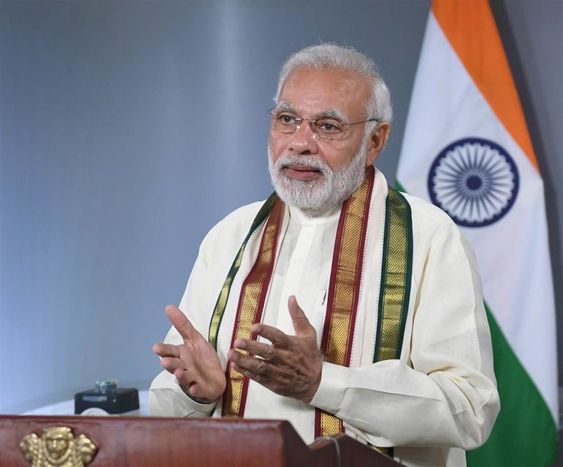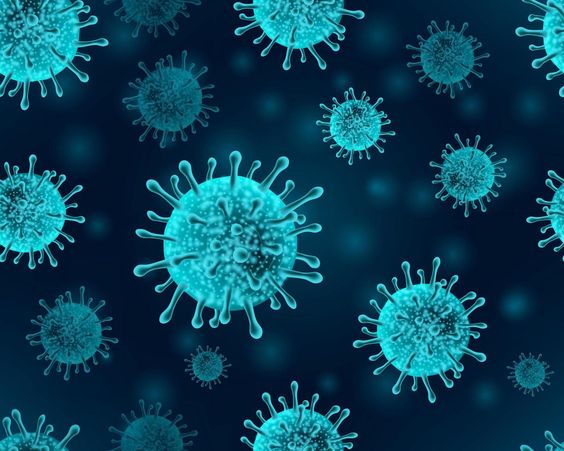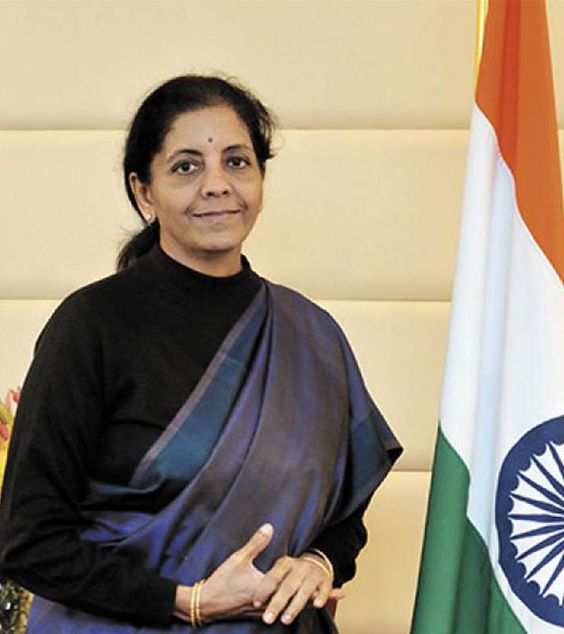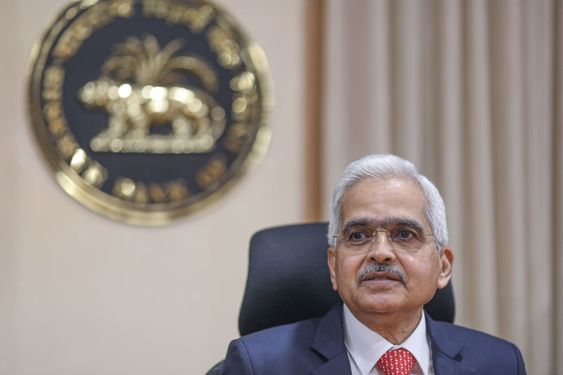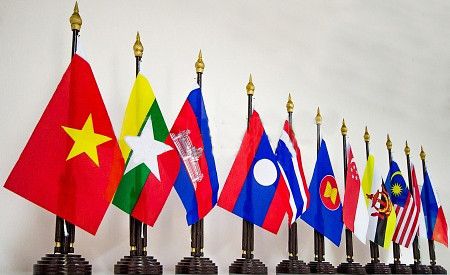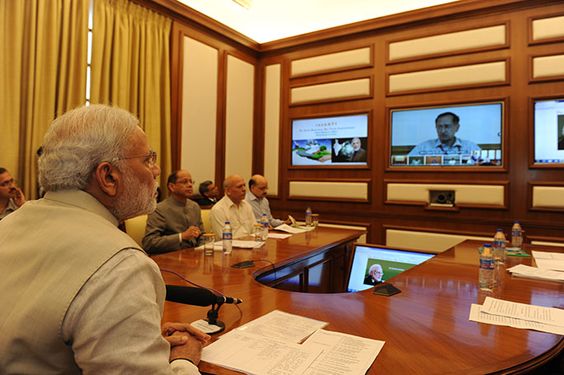On Monday, Germany and India inked a series of bilateral agreements aimed at promoting sustainable development, with the South Asian country receiving 10 billion euros ($10.5 billion) in aid by 2030 to increase the use of clean energy.
Prime Minister Narendra Modi inked the agreements during his visit to Berlin. Germany’s Chancellor Olaf Scholz is hoping to win India’s support for Europe and the US’ firm position against Russia over the Ukraine conflict.
PM Modi reaffirmed his appeal for a halt to the hostilities between Russia and Ukraine, saying: “We believe that no party can emerge victorious in this war.”
Unlike Scholz, though, Modi avoided making any overt criticisms of Moscow, which has repeatedly lauded India for its neutrality in the conflict.
After the two leaders talked, reporters were not allowed to ask questions — an unusual arrangement in the German chancellery, where at least four questions are typically accepted. According to a German official who spoke on the condition of anonymity due to the sensitivity of the matter, the decision was made at the request of the Indian delegation.
The agreements included a wide range of topics, including technical support to boost the use of renewable energy and hydrogen, as well as greenhouse gas emissions reduction, biodiversity protection, and agricultural land use improvement. Migration, nuclear research, and the construction of secure communications channels between the two governments are among the other areas of collaboration.
India, Indonesia, Senegal, and South Africa have also been invited to join the Group of Seven major industrialized economies gathering in Germany at the end of June.



